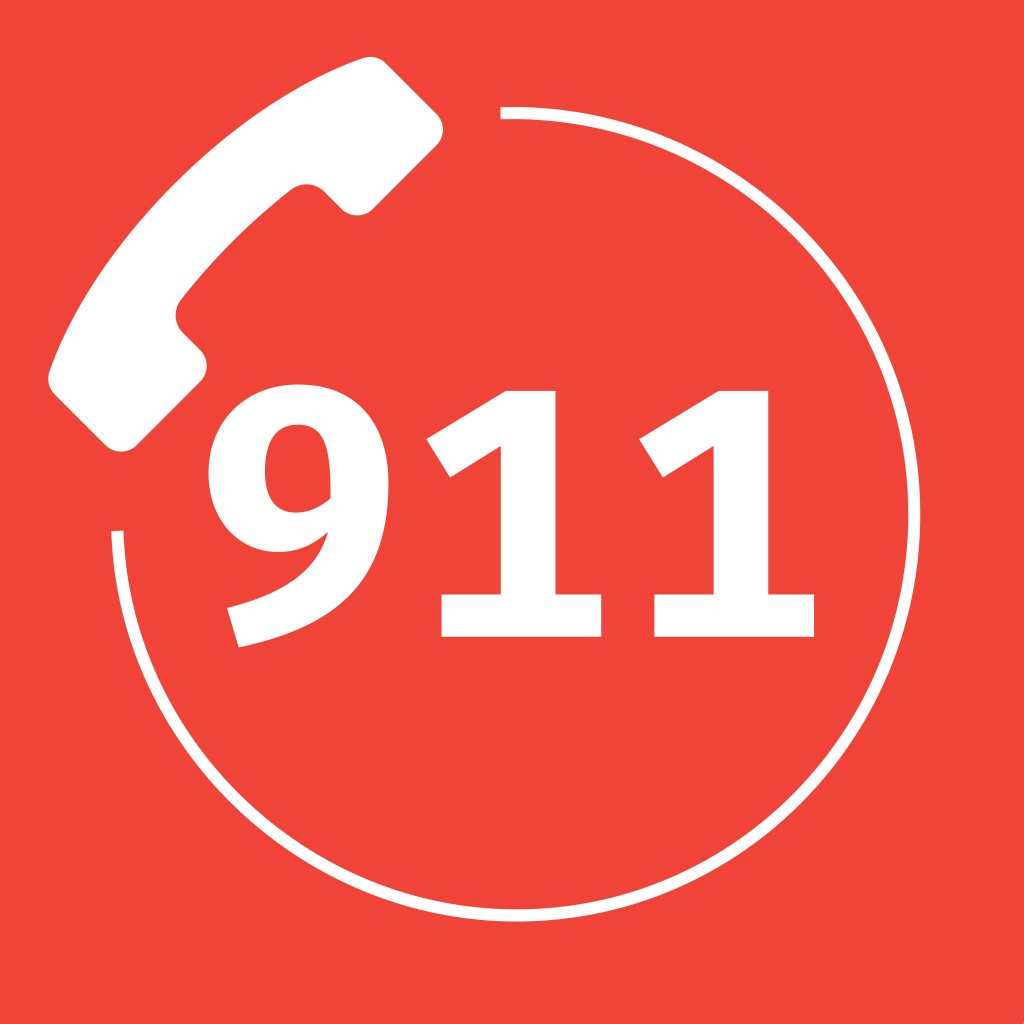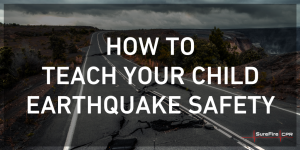
Having to call 911 is a situation no one ever wants to be in. It is incredibly stressful and you can’t always predict how you’re going to react in an emergency. Sometimes all it takes to feel more at ease is to go over what might happen when you call 911, and what questions you can expect to be asked and what you will need to say to an Emergency Medical Services (EMS) dispatcher.
Here are the basic questions and answers you can expect to be asked and to provide when you call 911 for an emergency:
Question #1: What is your emergency?
A: Describe your emergency as concise as you can. For example, instead of just saying, “someone is unconscious,” say this: “My sister was hit in the chest with a baseball and is now unconscious and doesn’t seem to be breathing.”
Question #2: Is the victim conscious or do they appear not to be breathing?
A: Describe the condition of the victim; tell the dispatcher if they are conscious or unconscious. Or even if you are unsure, let them know that you can’t tell.
Question #3: What is happening now?
A: Tell the EMS dispatcher if you are initiating First Aid, if you’re finding someone who can, or if you or someone else has begun CPR. You might say, “My friend is giving CPR while we are trying to find someone who has an Automated External Defibrillator.”
Question #4: What is your location?
A: If you don’t have an address, try to describe your location as best as you can, naming any landmarks or nearby businesses if possible. Again, try to be as exact as possible. For example, instead of saying “We are at the high school.” Say, “We are at the high school in the football field near the south side of the parking lot.” If you are in an apartment building or office building, tell the dispatcher the apartment or suite number. Also, if there are multiple people, send someone out to the front of the building to meet the EMS responders to show them exactly where to go.
Question #5: What phone number are you calling from?
Keep the phone you used to call 911 nearby, or stay by the landline until medical personnel arrive. EMS may need to call you back if they have trouble finding your location.
No matter what emergency you are calling 911 for, you can expect to have a conversation very similar to the questions and answers listed above. Here are additional questions and facts you may be asked and may need to provide for specific emergencies:
When someone is experiencing cardiac arrest:
Symptoms of a cardiac arrest include collapsing unexpectedly and the victim being unresponsive, meaning not breathing.
If no one has started giving CPR, the 911 dispatcher will tell you to instruct someone nearby to do so, or to put them on speaker phone while you begin CPR if you’re alone. The EMS dispatcher can walk you through the steps of CPR if you haven’t any training.
For choking emergencies:
Depending on if the person is consciously choking or unconscious, the EMS dispatcher will walk you through a set of instructions to follow to help the victim until medical personnel arrive; this may include giving chest thrusts if they are awake, or CPR if they aren’t breathing.
For drowning emergencies:
Describe whether an adult, child, or infant drowned, as well as how the victim became unconscious, if you have that information; for example, did they hit their head in the water or were they struggling to keep themselves above the water?
If no one is giving CPR, the dispatcher can walk you through how to start chest compressions and mouth-to-mouth resuscitation while you’re waiting for the first responders.
If you’re experiencing a home fire:
As soon as you notice a fire in your home, get out of the house. Go to a neighbor’s home and ask to use their phone.
When you call 911, tell the dispatcher if there is anyone else (including pets) inside the home. If you or someone else is injured, be sure to tell the dispatcher so they know that paramedics are needed.
If someone is bleeding:
Give the EMS dispatcher a concise description of the situation. Did someone fall and cut themselves? Does the victim have a bullet wound? What caused the emergency? Describe the condition and location of the victim’s injury—is it on their leg, arm, or head?
If the victim is unconscious, the dispatcher may instruct you to begin CPR on the victim. They may also tell you to get to a first aid kit and to start treating, cleaning, or wrapping the wound.
It is important to remember that 911 services are not able to pick up a caller’s location if they’re calling from a mobile phone. So the ability to carefully describe your position as best you can is what makes all the difference in the quality and swiftness of medical care. Remember, EMS dispatchers never ask unnecessary questions and be sure to follow all instructions the representative gives you.
To further prepare yourself to help in an emergency, contact SureFire CPR and look into completing CPR and First Aid certification. You can revive someone or sustain them while waiting for medical personnel to arrive.






